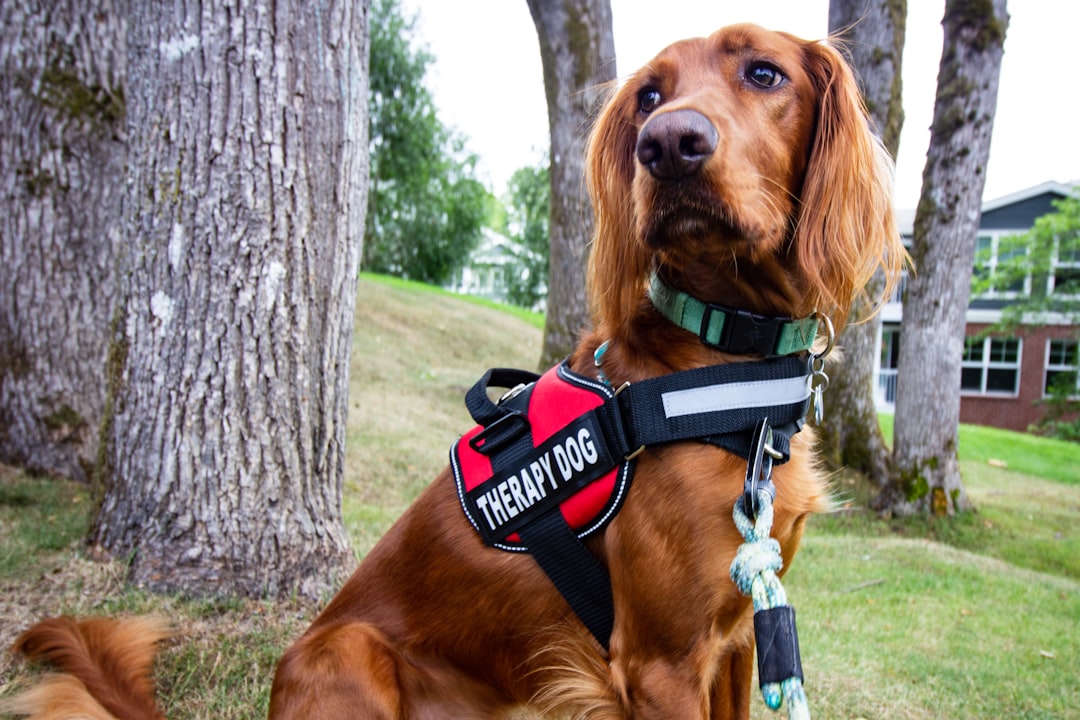- You are here:
- Home »
- Blog »
- Boston Dog Trainer »
- The Healing Power of Therapy Dogs: Enhancing Childrens Mental Health
The Healing Power of Therapy Dogs: Enhancing Childrens Mental Health
The Healing Power of Therapy Dogs: Enhancing Childrens Mental Health
Therapy dogs offer significant physical, emotional, and social support for children with disabilities, enhancing their overall well-being and development.
Therapy Dogs: Supporting Children’s Mental Health
Understanding Therapy Dogs
Therapy dogs are highly recommended by medical experts and provide specialized services for children with disabilities. These dogs offer comfort, support, and relief, helping children to relax and control stress levels. Unlike service dogs, therapy dogs are not trained to perform specific tasks for individuals with disabilities.
Physical and Emotional Benefits
Therapy dogs can significantly improve the life quality of children with disabilities. They provide emotional support, reduce stress, and aid in relaxation, controlling cortisol release and enhancing oxytocin release in children [1, 4]. The interaction with therapy dogs stimulates dopamine in the brain, contributing to enhanced emotional well-being.
Social and Personal Development
Therapy dogs play a pivotal role in facilitating social and personal development for children with disabilities. They empower socially isolated children, enhance social connections, and encourage positive social interactions. Through animal-assisted therapy, children can experience improved self-esteem and confidence in social settings.
Research and Implications
Research conducted by experts like Nancy R. Gee, Kerri E. Rodriguez, Aubrey H. Fine, and Janet P. Trammell highlights the benefits and effects of human-animal interaction, indicating potential implications for fields such as psychiatry, social work, and education. This research underscores the significance of therapy dogs in supporting children’s mental health and well-being.
 Considerations and Commitments
Considerations and Commitments
Owning a therapy dog for a child with mental health issues requires serious dedication and commitment to the certification process. Handlers and therapy dogs must complete certification processes, ensuring the suitability and reliability of the therapy dog for children. It is vital to recognize that therapy dogs should only supplement or enhance other treatments and are not a standalone solution for treating any condition.
Conclusion
Therapy dogs have been shown to provide substantial physical, emotional, and social support for children with disabilities. The positive impact of therapy dogs on children’s mental health and well-being underscores the value of further exploration and utilization of therapy dogs in supporting children’s overall development and happiness.

